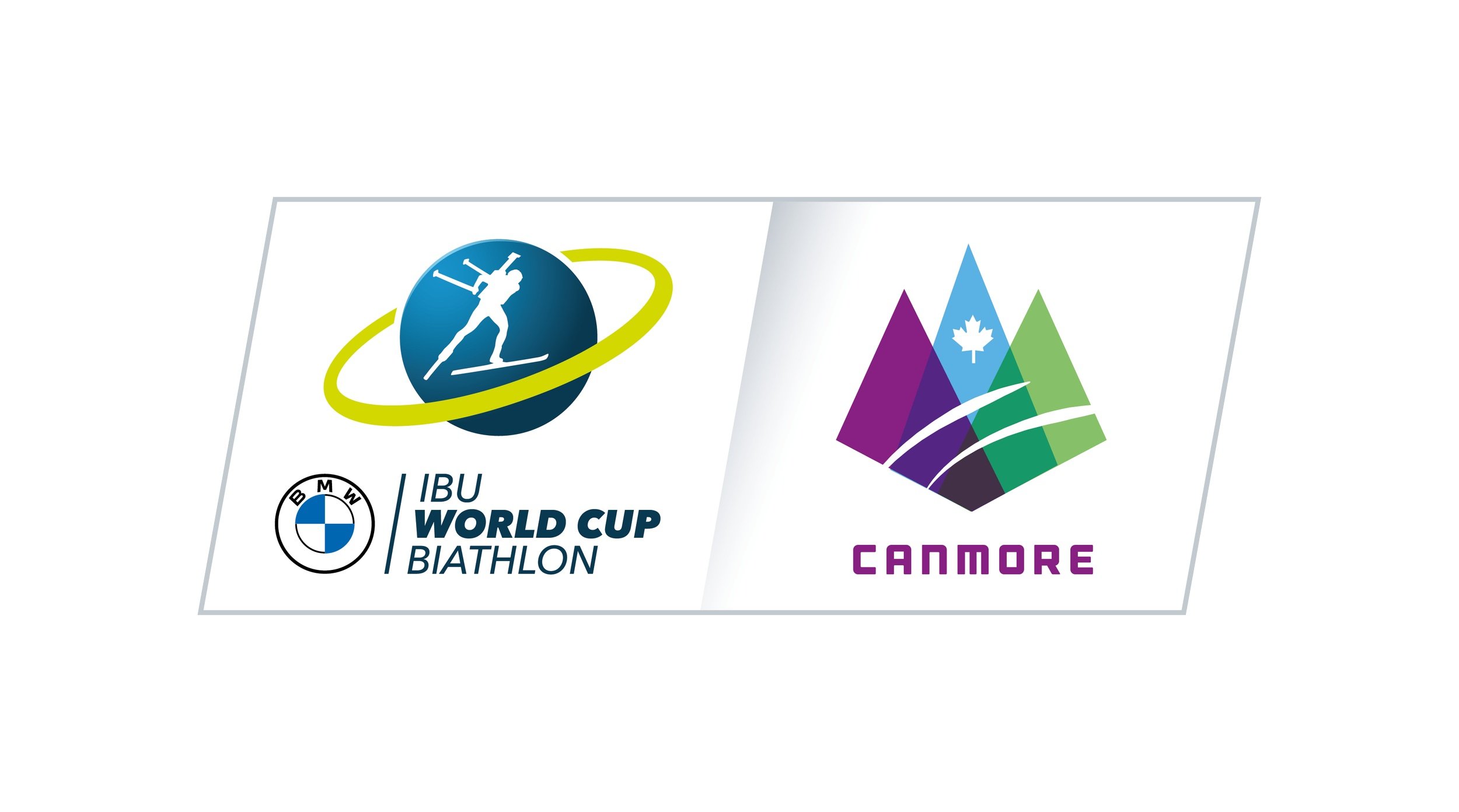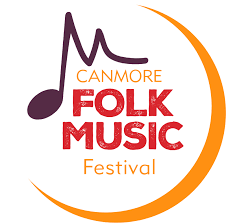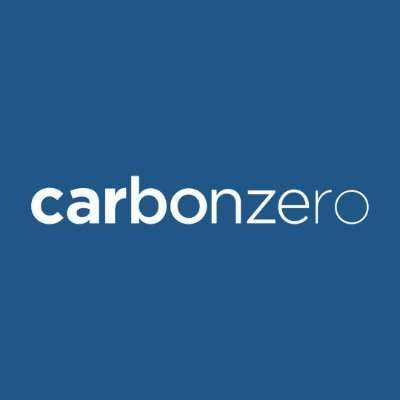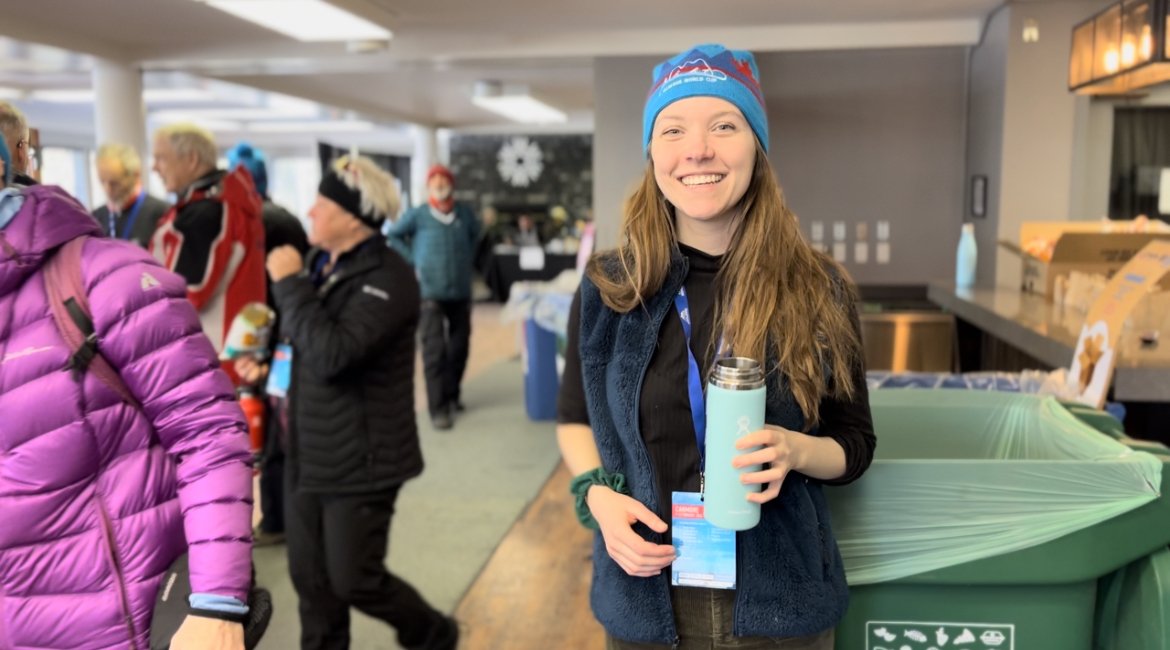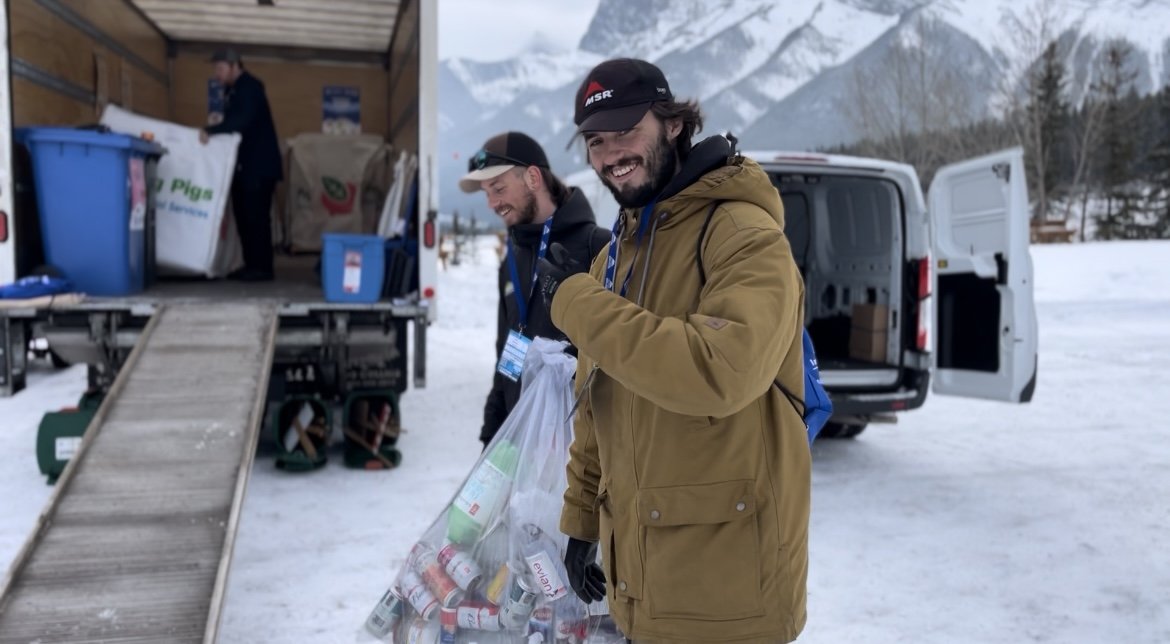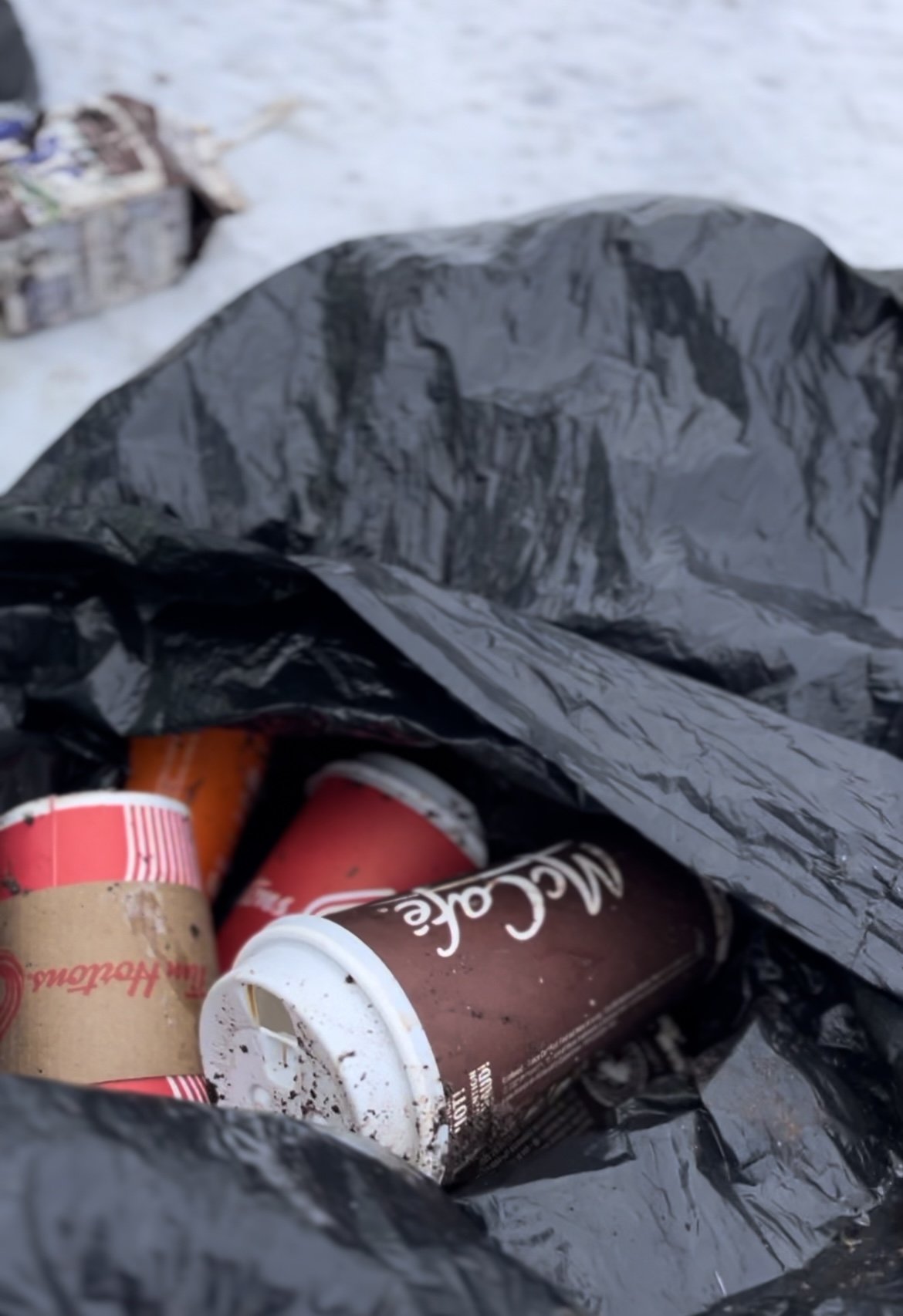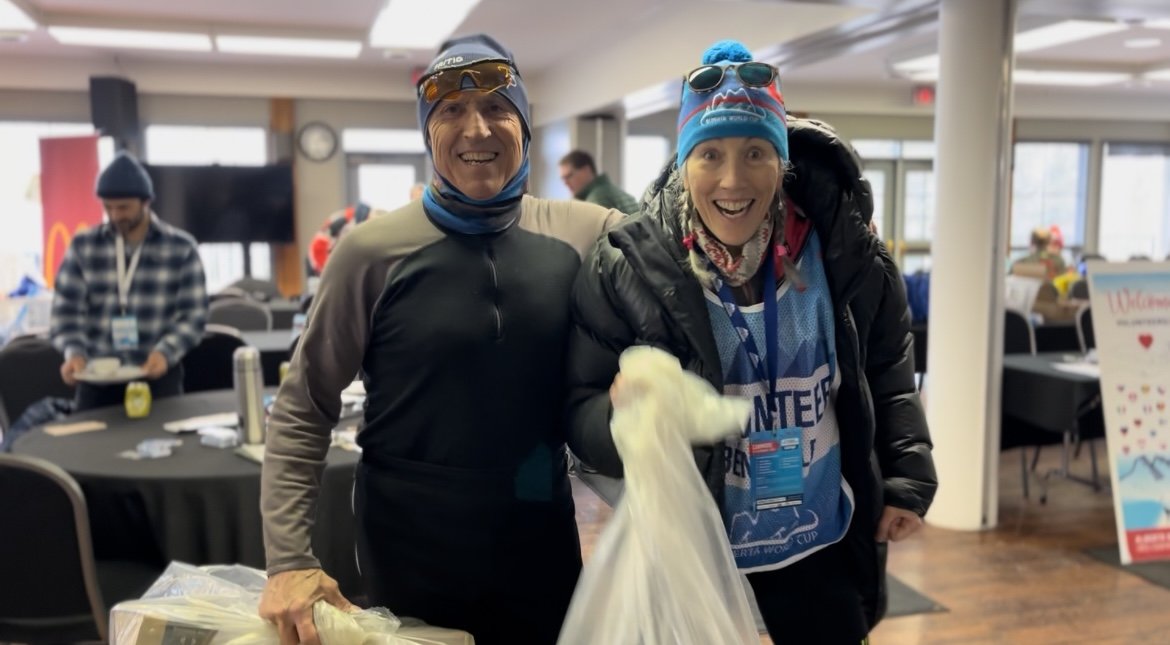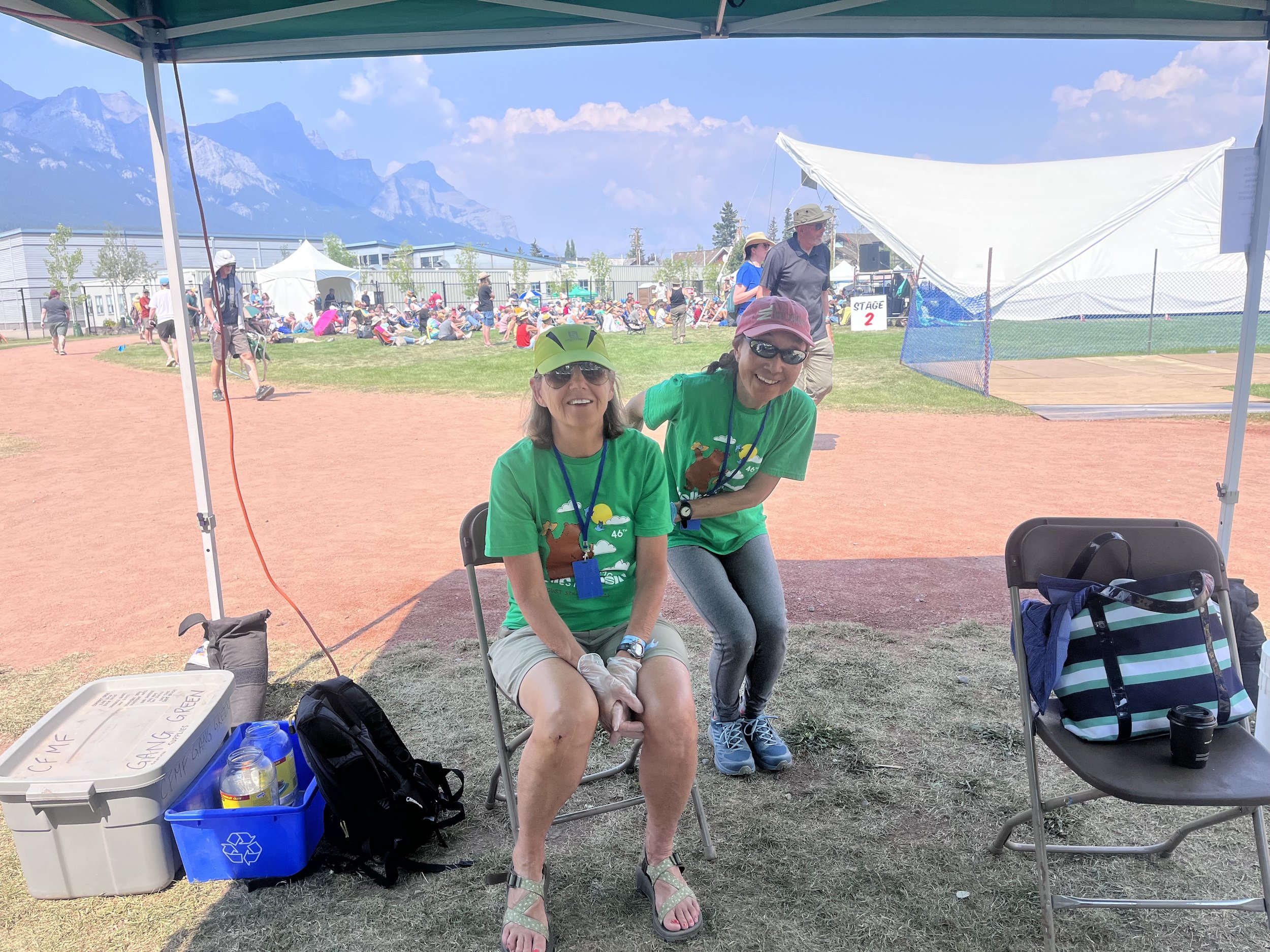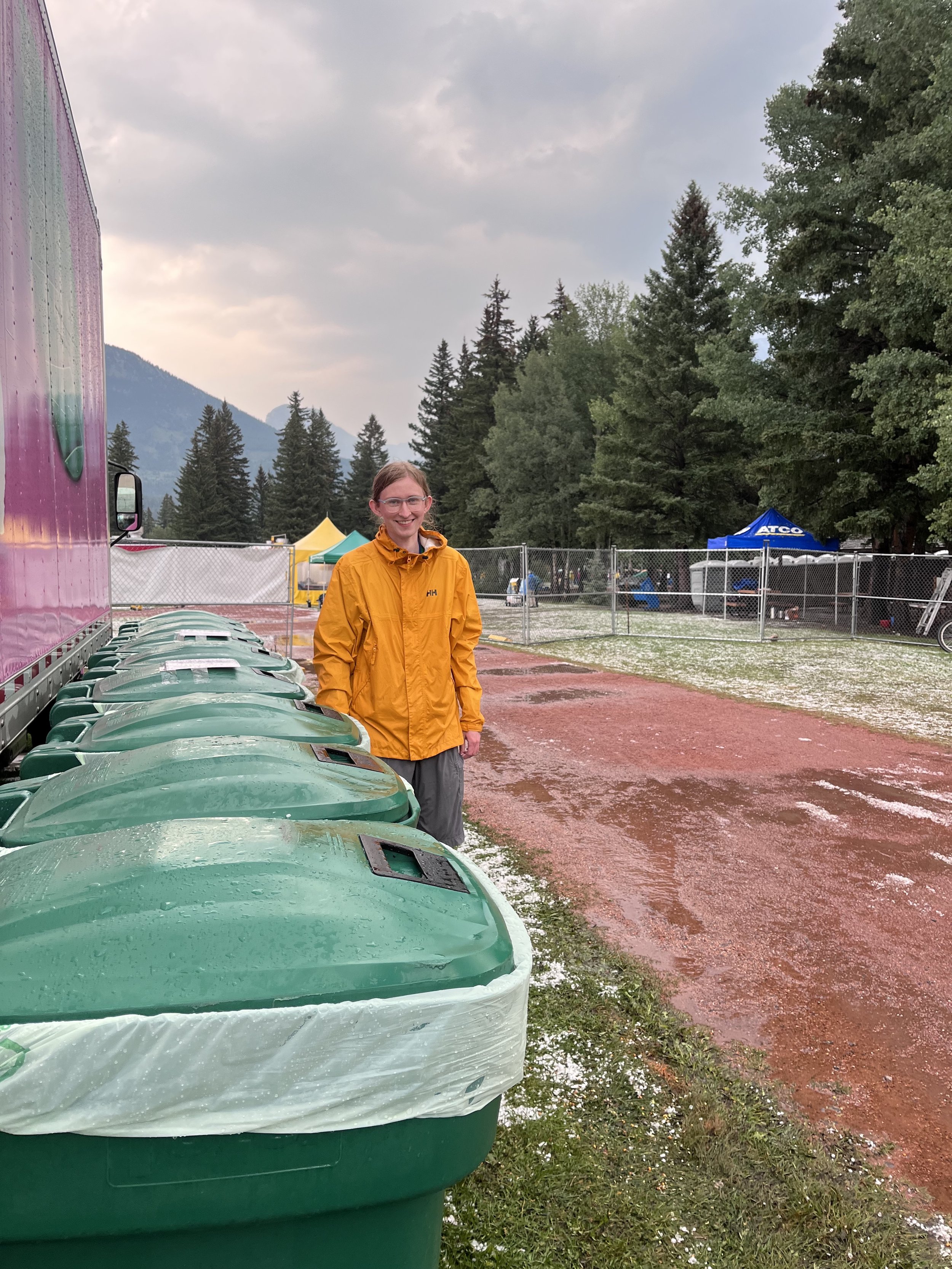Event Waste Management Strategy Across the Bow Valley:
Towards Zero-waste
The Biosphere Institute of the Bow Valley has been thrilled to partner with a variety of local organizers and organizations to implement effective waste management strategies for large events, including the Canmore Folk Music Festival, the FIS Alberta World Cup and the BMW IBU World Cup Biathlon supported by a community microgrant from our friends at Carbonzero.
Through a coordinated approach to recycling, composting and waste reduction, we are able to reduce the carbon footprint of large events throughout the Bow Valley. While recycling, composting, and greener disposables alternatives are good, our waste management strategy focuses on first reducing overall consumption, reusing and composting as much as possible, and finally, recycling into multiple streams.
Did you know? Composting not only returns nutrients to the soil, it also prevents soil erosion, assists in stormwater management, and also combats climate change by significantly reducing methane emissions from our landfills! Organic material takes decades to decompose, and in the meantime, releases greenhouse gasses approximately 25 times more potent than carbon dioxide! Approximately 20% of Canada’s methane emissions come from landfills.
Are you hosting an event in the Bow Valley and would like to work us to create and implement a waste management plan? Get in touch with us here.
FIS Alberta World Cup
We are thrilled to announce that our waste diversion rate for the Alberta World Cup 2024 was 83.8%. This number is calculated by measuring all of the waste the Green Team captured over the event, and how much we were able to compost or recycle.
2024 waste breakdown:
Paper and Cardboard: 450 kg
Hard Plastics and Metal: 94.5 kg
Soft plastics: 52.5 kg
Compost: 115 kg
Refundables: 160 kg
Garbage: 169 kg
Waste Diversion rate = 83.8%
Canmore Folk Music Festival
For the past two years, we partnered with the Canmore Folk Music Festival to promote environmental awareness and divert as much waste as possible from the landfill.
With the help of over 60 volunteers and staff, we educated the public on how to recycle and compost properly, kept the festival grounds clean and managed all waste through out the 3 day festival. We understand that waste management can be confusing, having to decide what plastic goes into which bin is a challenge and can often lead to contamination. Because of this, we helped people put their items and garbage into the right bins so the different commercial companies will accept the recycling instead of going into our local landfill. We also chatted with festival goers about the importance of recycling and composting.
Because of our efforts and all the people supporting us we were able to divert 89.1% of waste from entering the landfill in 2022, and a record high of 91.2% in 2023.
2023 waste breakdown:
Paper and Cardboard: 125 kg
Hard Plastics: 110 kg
Soft plastics: 50 kg
Compost: 630 kg
Miscellaneous metal: 85 kg
Broken glass: 25 kg
Refundables: 220 kg
Garbage: 120 kg
Waste Diversion rate = 91.2%
2022 waste breakdown:
Paper: 195 kg
Plastic: 240 kg
Compost: 825 kg
Refundables: 368.8 kg
Garbage: 200 kg
Total: 1828.8 kg
Thank you to Carbonzero Micro Grant!
This work is supported by a community microgrant from our friends at Carbonzero to support the expansion of our event waste reduction strategy. Stay tuned for more details! Learn more about carbonzero here.
FAQs
What is a waste diversion rate and how is it calculated?
A waste diversion rate calculates the proportion of waste that was diverted from the landfill by recycling and composting. We calculate our waste diversion rates using the following formula:
Waste diversion rate (%) = (Weight of recycle + compost) / (Weight of recycle + compost + landfill waste)
While waste diversion rates are helpful metrics, we also are striving toward overall waste reduction of all waste (including reducing overall compost and recyclables). Compostable cups, while a good alternative to plastic, do not provide much nutrients for compost and still take a lot of energy to produce and transport. For this reason, we are planning a reusable cups program for next year.
Reusables vs. Compostables: Life Cycle Assessments!
While compostable cups have a lower impact than other single-use options (compostable cup impact is 0.04 KgC02), reusables still have a lower CO2 footprint (<0.02 KgC02 for stainless steel).
With disposables, the largest greenhouse gas impacts occur in the resource extraction and manufacturing phases, which are mostly plastics from fossil fuels, paper, from trees, bioplastics/biomaterials from crops, and aluminum from mining.
The main energy impacts of reusables occur during washing. With the increasing efficiency of dishwashers, the benefits have increased over time and continue to do so. Especially when we can partner with other service providers such as Treehuggers.ca in Banff
Resources: The New Reuse Economy: Future of food service is reusable
The New Reuse Economy: How the beverage sector’s re-embrace of refill will transform the industry
But what about washing?
According to research, “stainless steel is the preferred choice for all venues and events locations that allow it.” (Reuse Wins at Events: A Life-cycle analysis of reusable and single-use cups)
According to the life-cycle analysis, stainless steel cups outperform all single-use cups if used at least 5 times at current rates. If we are using existing stainless steel cups, this number is reduced further. While washing does take water and energy, it is still more efficient and effective to implement a reusables program.
How can I get more involved?
Help support smooth transitions to reusables in all sectors by supporting your local cafés in the Bow Valley Isn’t Disposable program.
If you would like to volunteer for next year’s Canmore Folk Fest Green Team, you can find more information here.
If you have a local business or organization in the Bow Valley, talk to us about creating a waste reduction plan for your next event!
If you are interested in volunteering for the upcoming Alberta World Cup Event at the Nordic Centre, please reach out.


